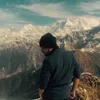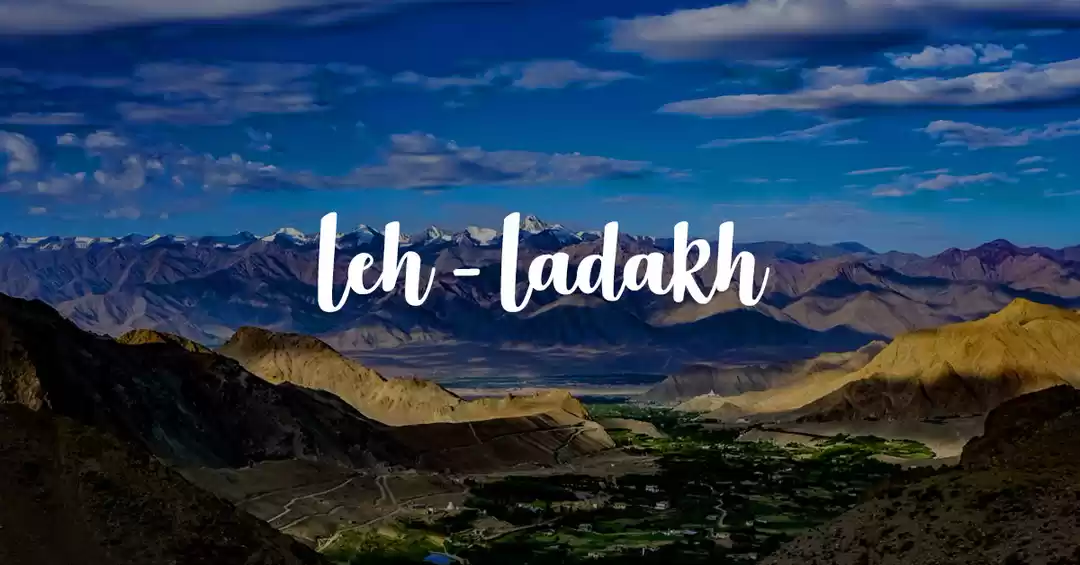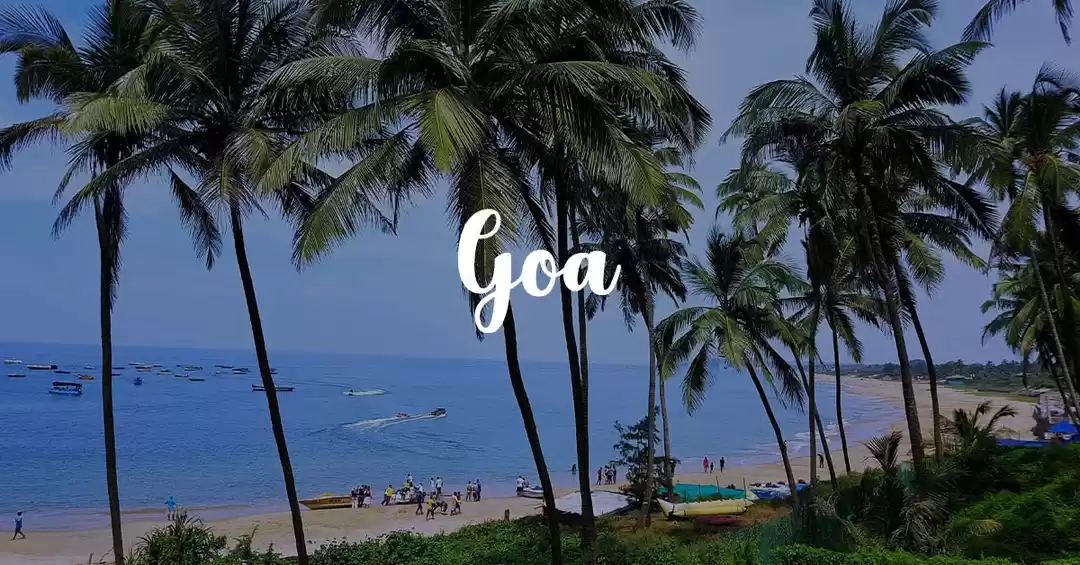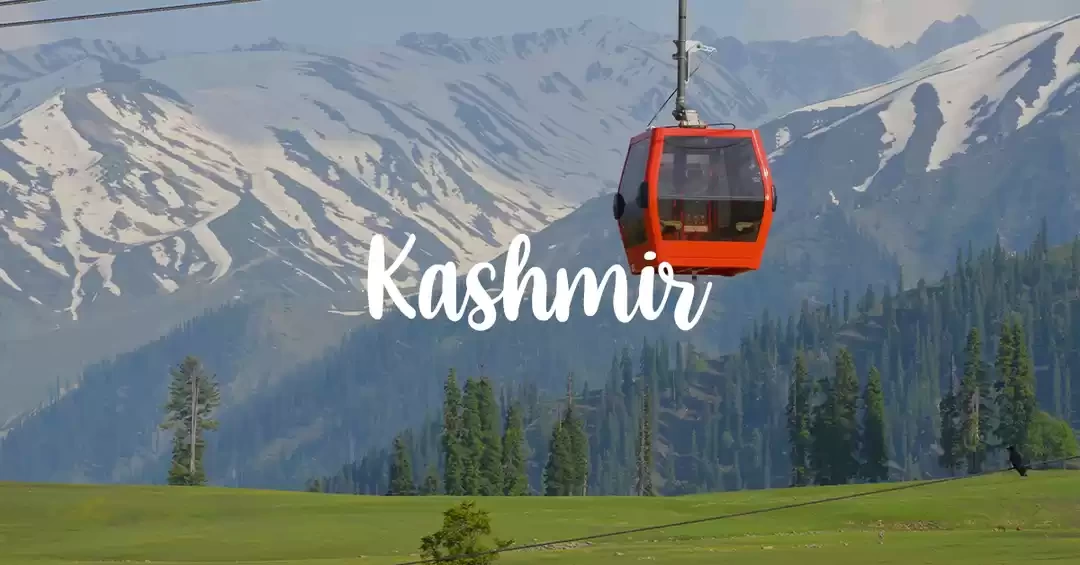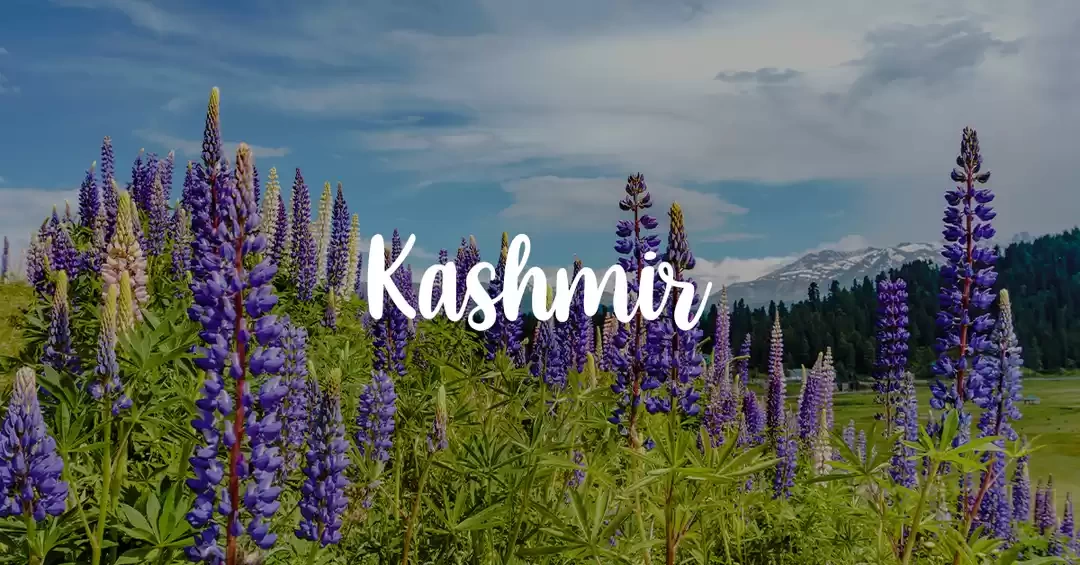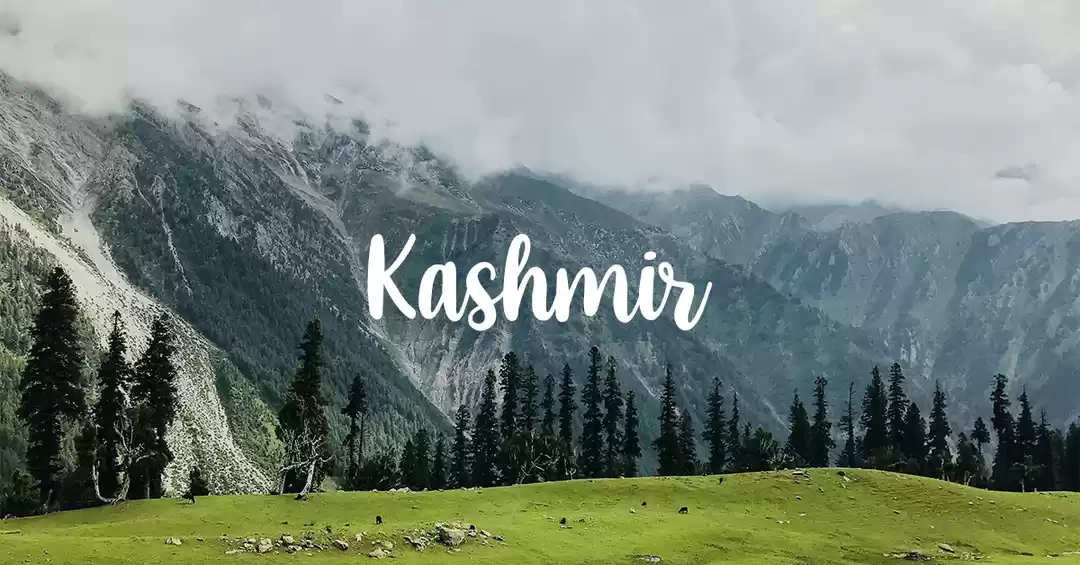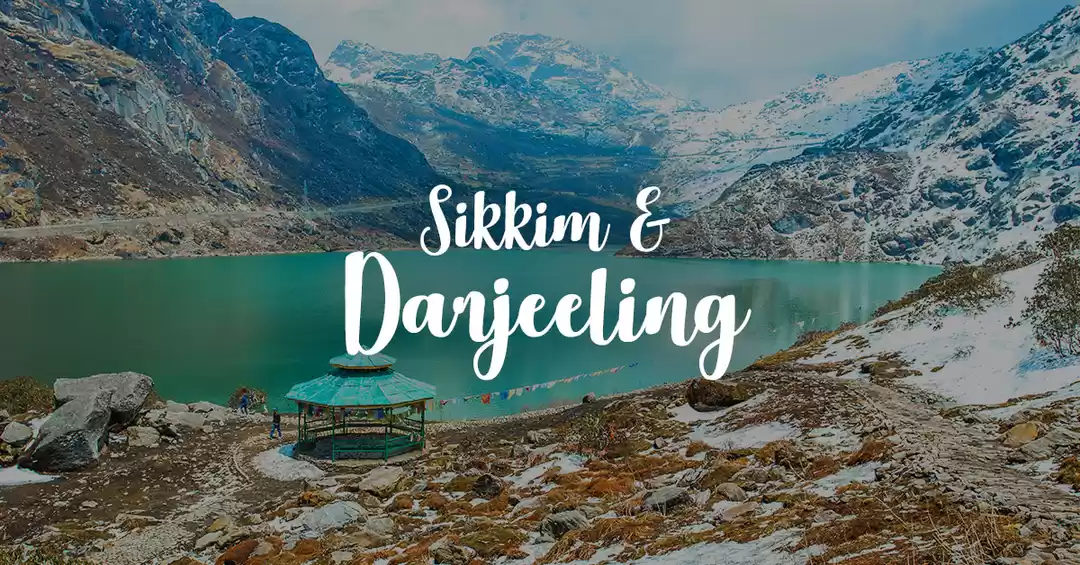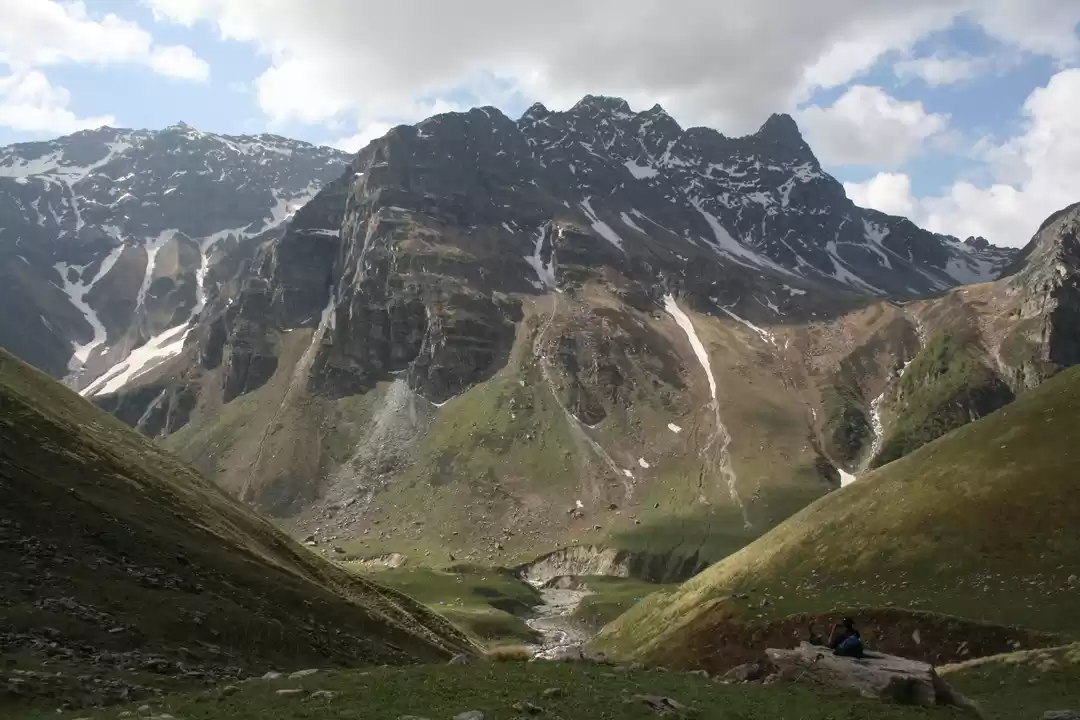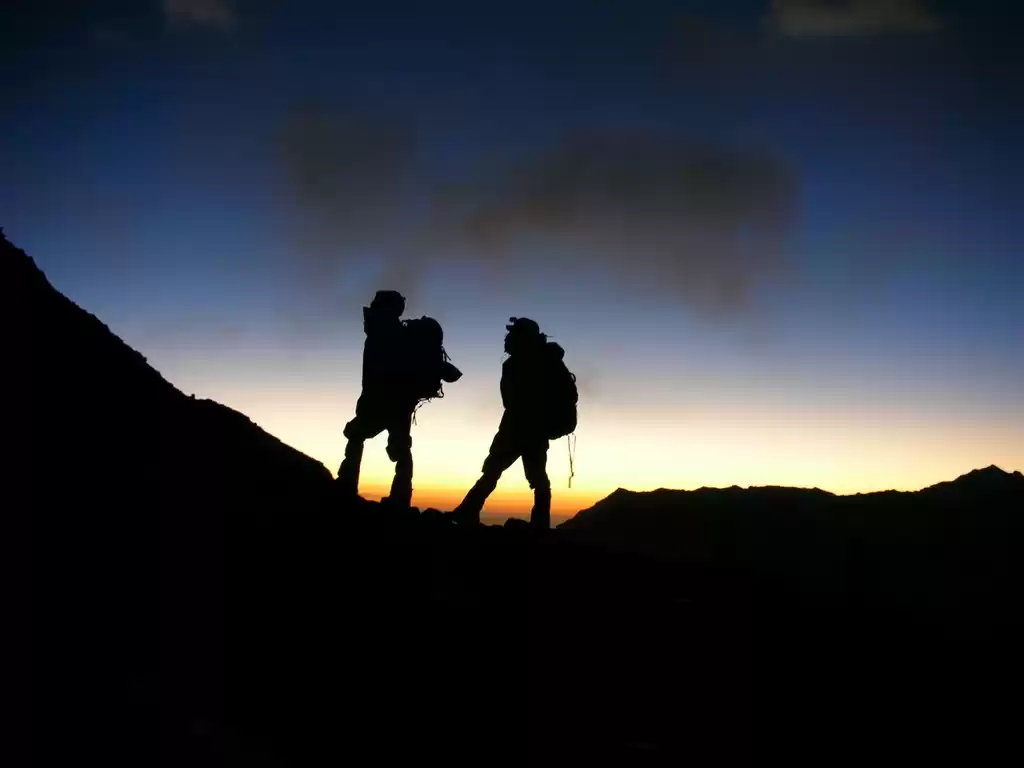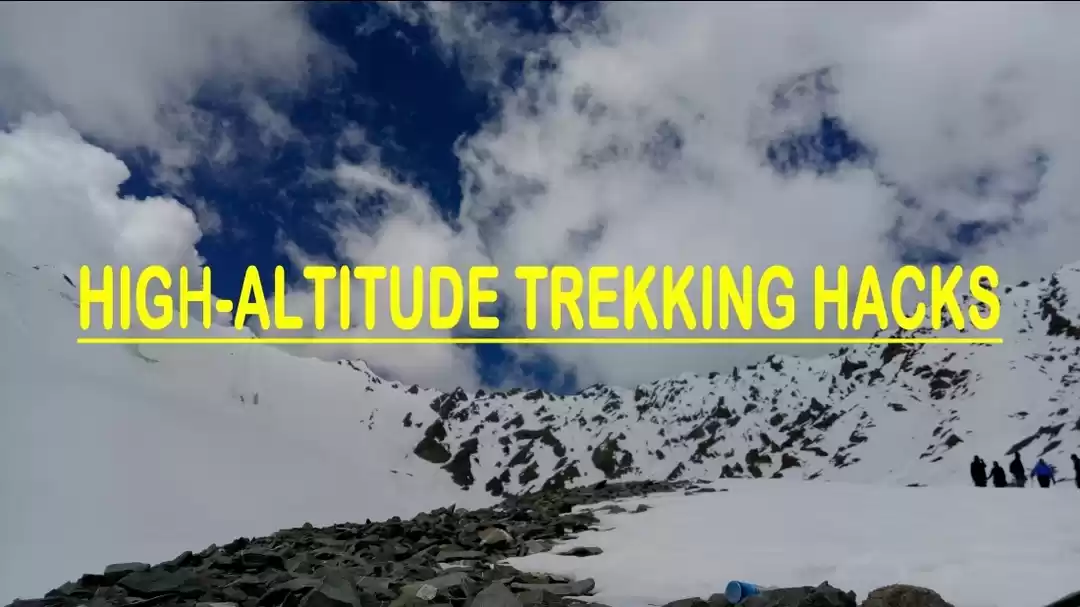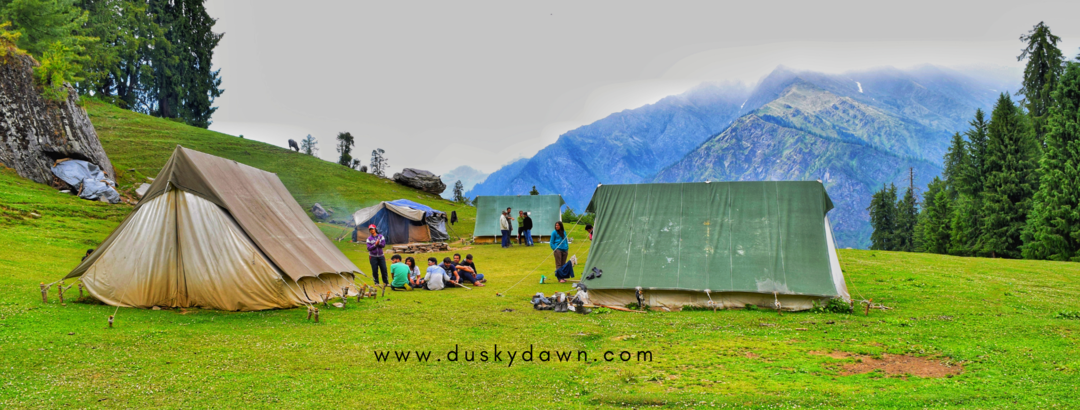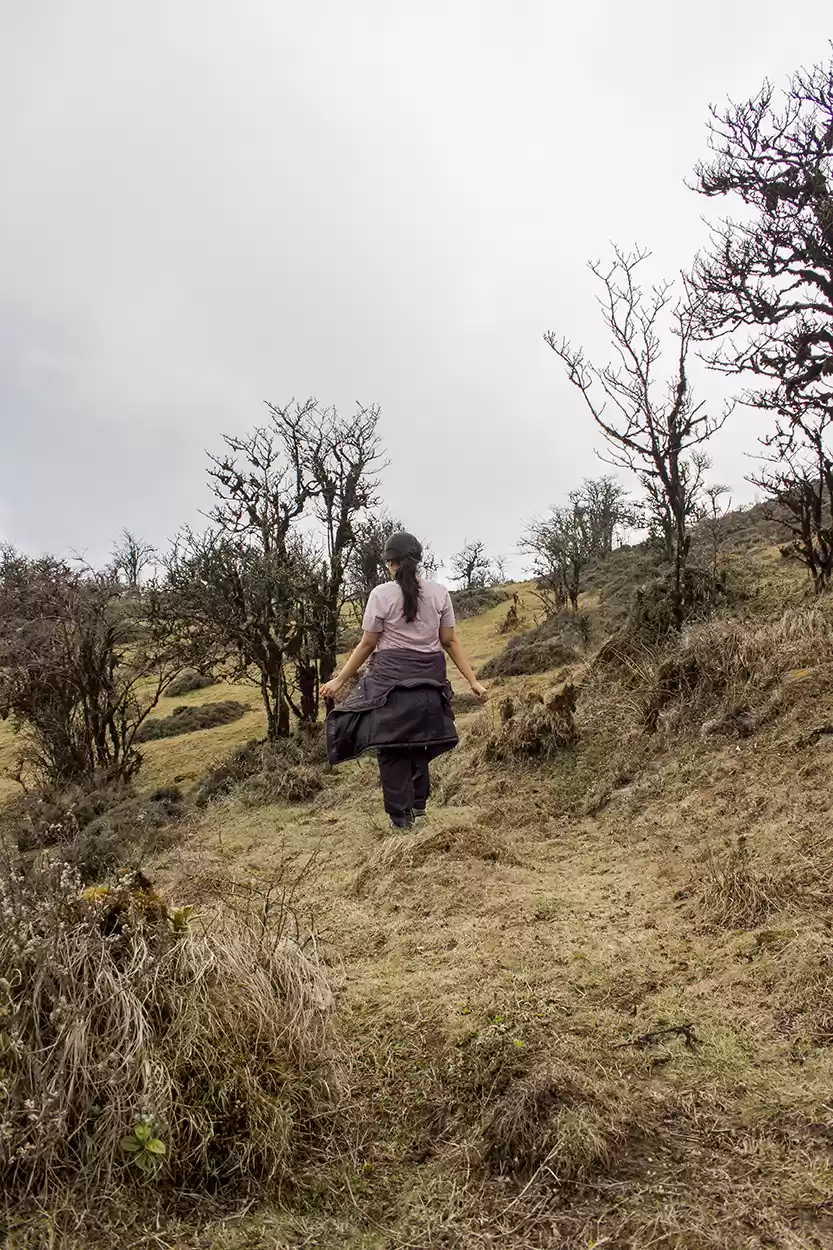Do not compare a Trek with a 'trip to some place' or 'traveling to the mountains.' It's not a holiday or a vacation. Words like 'trip' or 'vacation' won't summarize the trekking experience. If you think trekking is some kind of traveling or sight seeing, you'll be disappointed.... disappointed? Neah, not exactly, you won't be disappointed with a trek but you will surely expand your horizon of understanding what 'travelling to the mountains ' actually means. If you are little confused, then I leave you with this little confusion for a while but I bet you will understand exactly what I mean after reading the post till the end.

I was lucky to have a friend who had done quite a bit of trekking. This time he decided to take me along with him. I did not have to worry about anything as I had someone to guide me for planning and preparing for the trek.
In case you wish to go alone or with one companion, it is advisable to book through professionals. There are tones of information available online about places and about trekking companies who gives you full support. Even if they only guide you with basic information and their staff will be with you during the trekking, that's enough because the experience that you get from a trek is entirely different and companies can only play a supporting role just to make you feel a little safe.
CHOOSING A RIGHT TREK - If it's the first time, choose easy to moderate.
We booked through Indiahikes - friendly staff, keeps you up-to-date with basic information that would help you prepare for the trek. If you exercise daily, keep it going. Increase cardiovascular exercises a little more before the trek. If you are a person who goes to the gym like youngsters go to the temple now a day, pull up your socks and start running/jogging/walking 2-3 miles every day at least a month before the trek. If you have booked the trek through professional, like India hikes in my case, they will assist you and push to make you trek fit before it starts. It is very important as your body is not accustomed to high altitude, exhaustion, vigorous cardio that to in the mountains. No matter how easy the trek is, it can still be very difficult if your body doesn't acclimatize to it quickly. Even if you have a slight headache, your experience won't be worth remembering.
SHOPPING TIME
Don't shop as if you are on a holiday, especially for girls. You only carry the things that you need, I mean really need. You might not even take bath during your trek due to water scarcity and sustainability, due to no hot water or due to very cold water that can be bad for your health.
My trek was for 5 days, so I took a warm jacket, 2 thermals, one pajama, couple of t-shirts, that's it.
But it depends on trek duration and the amount of cold weather you will find. Gather the right information about the trek before you shop. Carry whatever you think you need to use during the trip. If you are skeptical that you might use it if this happens or that happens, don't carry it. You might end up carrying it and not using it which only increase your backpack weight. I can assure you that you can manage to survive and thrive with whatever you have during the trek, no need for extra clutter.
BUYING RIGHT KIND OF TREKKING SHOES
The most important thing during the trek are your shoes. They are life saviors. Having a right amount of information about the trek is very important. If you are unsure about shoes, just go to Decathlon and they will assist you. In case your trek journey involves snow, water proof shoes are must.
I bought the basic decathlon trekking shoes, though my trek involved snow, my shoes were not water-proof. Fortunately, I had to cover only 3-4 kms of the trek in snow but still my shoes were wet and I had to deal with this discomfort while trekking but not for long, so I managed. You don't do the same mistake, I was lucky not to have faced serious problems but trekking while shoes are wet can cause some serious damage to the feet, especially if you wear them for longer period of time.
RUCKSACK
While buying a rucksack, make a list of things you require and the amount of space you need. It depends upon the duration of your trek and most importantly how much weight you can carry while walking miles and miles. Thus, the quality bag pack and with great padding is essential. It should feel comfortable on your shoulder and you should feel that it is the part of your body weight. If it feels this way, it is right kind.
I got a 55-litre Rucksack from my friend. For 4-5 days' trek, 45-60 litre Rucksack is perfect. My experienced friend was always there to help me with preparation for the trek.
I carried the following mandatory things for the trek (advised by India hikes)
- Snow gloves
- 2-3 pairs of warm socks
- Raincoat/Poncho: It can rain anytime in the mountains
- Shades: as it is mandatory if it is a snow trek.
- Trekking Stick: It is the best companion while trekking, according to me - It saves a lot of energy, makes walking easy - you get used to it in few hours and it will help you during the whole trek.
NOW THE BEST PART

YOU'LL BE MEETING AMAZING PEOPLE
Even if you are traveling with a group of friends, don't hesitate to talk to local people or fellow trekkers on the way. One thing you will be doing a lot is talking, but isn't it better to be silent and enjoy the nature, no? You will be feeling different amidst the mountains, and strange emotions tend to appear. Expressing your thoughts and feelings are both relieving and enjoyable.
If you book a group trek, you will be meeting amazing people with whom you would be spending 4-5 days. Initially people will be hesitant but in a day or two you end up telling all your life stories. You may even feel emotionally attached before leave, and I bet you would want to keep in touch with few. You will be missing the time you spent together.
In my case, we were around 25 people. Generation gap, different religion, different language (that's the beauty of Indian diversity). But the best part of the group was there were 8 gentlemen, all senior citizens, all used to work together and they have been friends for more than 30 years. Wow! More than even my age. We all were fascinated by their anecdotes, experiences and enthusiasm. Most of them were trekking for the first time. One of them had started trekking at the age of 62 years and in the span of 4 years he did more than 30 treks and he was doing this trek for the 7th time. He convinced his friends and motivated them to be fit and get a trekking experience before their body no longer allow them to do adventures. Ever heard life starts at 40? But I was witnessing life starting at 60 too.
THE JOURNEY
Trekking experience every day won't be the same. You might not even enjoy every aspect of it. First day would be a lot fun with too much energy and excitement. You will be clicking picture of anything and everything you see. Next few days will be little tiring. You might not even enjoy walking this much that too on difficult trails. But fellow trekkers presence and the scenic beauty that you witness keeps you going and making it a memorable experience. The longer the duration of the trek, the tougher it gets. If it is your first trek, like me, you may be wonder that 'traveling to some place' rather than 'trekking on a mountain' is so much relaxing and enjoyable. And here we are, pushing our body's limit, acclimatizing to an alien weather, and yes, we have paid for doing so. I felt the same; laughing at ourselves and pulling everyone's leg we keep up the pace. The humour and taking things lightly keeps you going for the summit.
THE SUMMIT DAY

Trekking ends on a summit. It is the last destination. You reach to the top of the mountain and mission is accomplished.
Summiting is the most important part of the trek, that is the reason you go on a trek, to summit, thus, preparing yourself and gathering the guidance and knowledge is necessary. Weather can be unfavourable any moment. We were lucky to have knowledgeable staff and enthusiastic fellow trekkers. Every one kept on motivating and supporting each other. Be slow and smart. Breath. And drink water, drink a lot and drink some more. As you are at 12000 feet above sea level, you need oxygen and your body should acclimatize to the weather. Water is the best medicine for it. The guide and staff members kept on checking our Oxygen level. That's the best part if you book through professionals if you are a novice like me. "Be safe, there is someone waiting for you at home to see you again in one piece."
And finally that 'moment' when you reach at the top of the mountain cannot be expressed in words. You feel proud of the achievement. Take a moment to sit in silence and just observe. Thank everyone, congratulate them, hug them, be a little emotional - Everything is accepted, no one is going to judge you there. And when all emotions are done, click a lot of pictures. Those breath taking views are very rare for the naked eye. Capture them as much as you can. But I tell you this, WHAT YOU WITNESS CANNOT BE CAPTURED EXACTLY IN THE PHOTOS. That is why people go again and again.
When you come back home and seeing pictures, you will have the urge to witness the beauty of nature as if a voice inside you saying " MOUNTAINS ARE CALLING".
Be safe, have a proper guidance, keep yourself fit and respect the mountains. And it will all be worth while.

